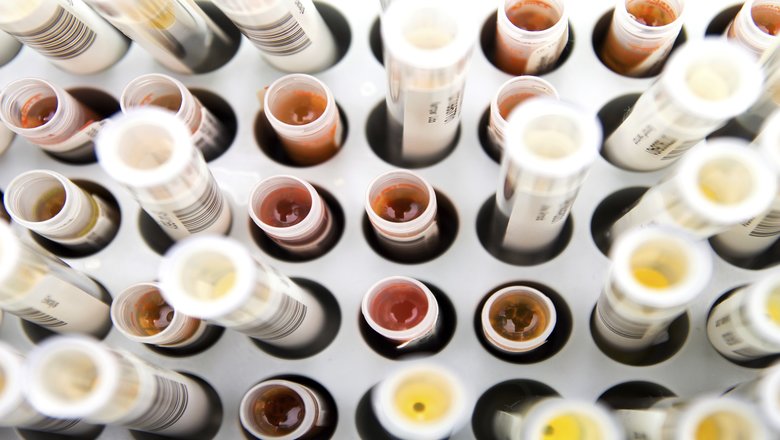
The Galleri™ test checks for the earliest signs of cancer in the blood and the NHS-Galleri trial, the first of its kind, aims to recruit 140,000 volunteers in eight areas of England to see how well the test works in the NHS.
The NHS-Galleri trial is led by The Cancer Research UK and King’s College London Cancer Prevention Trials Unit in partnership with the NHS and healthcare company, GRAIL, which has developed the Galleri test.
The test is a simple blood test that research has shown is particularly effective at finding cancers that are typically difficult to identify early – such as head and neck, bowel, lung, pancreatic, and throat cancers.
It works by finding chemical changes in fragments of genetic code – cell-free DNA (cfDNA) – that leak from tumours into the bloodstream.
The NHS is already sending out letters inviting tens of thousands of people from different backgrounds and ethnicities aged between 50 and 77 to take part.
Participants, who must not have had a cancer diagnosis in the last three years, will be asked to give a blood sample at a locally based mobile clinic and they will then be invited back after 12 months, and again at two years, to give further samples.
The trial is part of the NHS’s efforts to increase the proportion of cancers detected early by half by the end of the Long Term Plan.
Initial results of the study are expected by 2023 and, if successful, the NHS in England plans to extend the rollout to a further one million people in 2024 and 2025.
We need to study the Galleri test carefully to find out whether it can significantly reduce the number of cancers diagnosed at a late stage. The test could be a game-changer for early cancer detection and we are excited to be leading this important research. Cancer screening can find cancers earlier when they are more likely to be treated successfully, but not all types of screening work.
– Prof Peter Sasieni, Director of The Cancer Research UK & King’s College London Cancer Prevention Trials Unit
Patients whose cancer is found early – known as stage one or two – typically have a broader range of treatment options available to them, which can be curative and are often less aggressive.
A patient whose cancer is diagnosed at the earliest stage typically has between five and 10 times the chance of surviving compared with those found at ‘stage four.’
The NHS-Galleri study is a Randomised Control Trial (RCT) – meaning that half the participants will have their blood sample screened with the Galleri test right away and the other half will have their sample stored and may be tested in the future. This will allow scientists to compare the stage at which cancer is detected between the two groups.
People will only know they’re in the test group if they are among the small minority whose test detects potential signals of cancer in their blood. These people will be contacted by the trial nurse by phone and referred to an NHS hospital for further tests.
All participants will be advised to continue with their standard NHS screening appointments and to still contact their GP if they notice any new or unusual symptoms.
kcl.ac.uk


